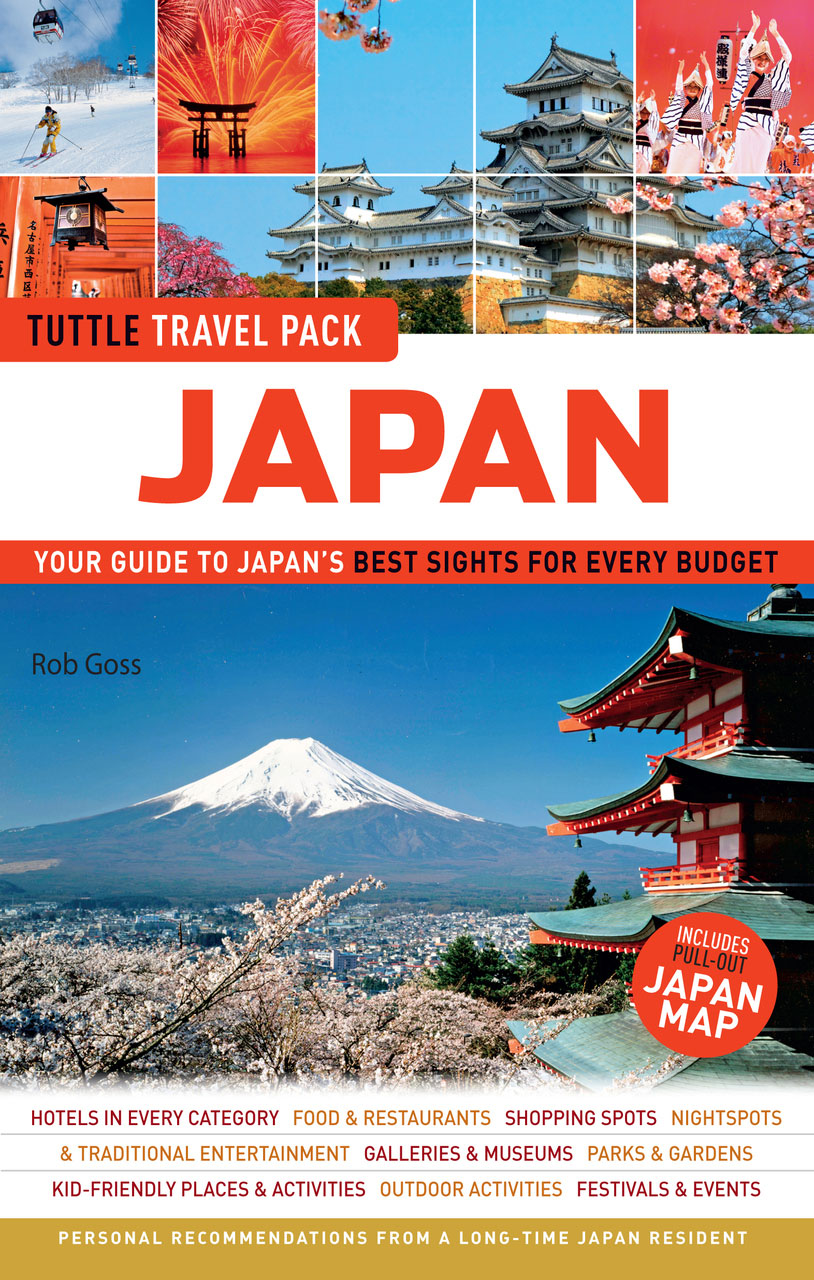
Greece, a land where ancient myths breathe in the sun-drenched ruins and vibrant modern life pulsates through bustling islands, beckons travelers with an irresistible allure. From the cradle of Western civilization to a paradise of turquoise waters and delectable cuisine, Greece offers an experience that transcends mere tourism, becoming an unforgettable odyssey. This comprehensive guide will equip you with everything you need to embark on your own Greek adventure, from understanding its rich history to navigating its charming streets and savoring its mouthwatering flavors.
A Tapestry of Time: A Glimpse into Greece’s Rich History
To truly appreciate Greece, one must understand its monumental past. This is a land that shaped philosophy, democracy, art, and science, leaving an indelible mark on the world.
Related Articles about Odyssey of the Aegean: A Comprehensive Travel Guide to Greece:
- Japan: An Odyssey Through Timeless Traditions and Modern Wonders
- Thailand: A Tapestry of Enchantment – Unveiling the Kingdom’s Best Tourist Attractions
- Indonesia: An Archipelago of Wonders – Your Ultimate Guide to Exploring This Tropical Paradise
- Thailand: A Tapestry of Enchantment – Your Ultimate Guide to the Land of Smiles
- Italy: A Journey Through Timeless Beauty and Enduring Charm
-
Ancient Greece (c. 800 BCE – 600 CE): This golden age gave birth to the classical world. Think of the philosophical giants like Socrates, Plato, and Aristotle, the epic poems of Homer, the birth of democracy in Athens, and the athletic prowess of the Olympic Games. Iconic sites like the Acropolis in Athens, the ancient ruins of Delphi, and the theater of Epidaurus are tangible testaments to this era’s brilliance. The Hellenistic period, following Alexander the Great’s conquests, further spread Greek culture across vast empires.
-
Roman and Byzantine Eras (c. 146 BCE – 1453 CE): Greece became a province of the Roman Empire, and later the heart of the Eastern Roman Empire, or Byzantine Empire. While the political power shifted, Greek language and culture continued to flourish. Hagia Sophia in Constantinople (now Istanbul) stands as a monumental achievement of Byzantine architecture, and the monasteries of Meteora, perched precariously on rock pinnacles, are awe-inspiring examples of this period.
-
Ottoman Rule (1453 – 1821): For nearly four centuries, Greece was under Ottoman control. This period, though challenging, saw the preservation of Greek identity through the Orthodox Church and the development of a strong sense of national consciousness that eventually led to the War of Independence.
-
Modern Greece (1821 – Present): After gaining independence, Greece embarked on a journey of nation-building, facing various challenges and experiencing periods of growth and turmoil. From the establishment of the modern state to its participation in World Wars and its current role within the European Union, Greece’s modern history is a testament to its resilience and enduring spirit.
Islands of Enchantment and Mainland Marvels: Main Attractions
Greece’s allure lies in its diverse landscapes, offering a captivating blend of ancient history, breathtaking natural beauty, and vibrant island life.
Mainland Attractions:
-
Athens: The capital city is a living museum. The Acropolis, with the majestic Parthenon, is an absolute must-see. Explore the Acropolis Museum for a deeper understanding of its treasures. Wander through the historic Plaka district, with its charming narrow streets, traditional tavernas, and souvenir shops. Visit the Ancient Agora, the heart of public life in ancient Athens, and the Temple of Olympian Zeus.
-
Delphi: Nestled on the slopes of Mount Parnassus, Delphi was once considered the center of the world. The Sanctuary of Apollo, with its Temple of Apollo and Treasuries, is an archaeological marvel. The breathtaking views from the site are equally captivating.
-
Meteora: This surreal landscape features monasteries built atop towering rock pillars, offering a spiritual and visually stunning experience. Explore several of these ancient monastic communities, marveling at their architecture and the panoramic vistas.
-
Olympia: The birthplace of the Olympic Games, this archaeological site allows you to walk in the footsteps of ancient athletes. See the stadium, the gymnasium, and the ruins of the Temple of Zeus.
-
The Peloponnese: This peninsula is rich in history and mythology. Explore the ancient theater of Epidaurus, the Mycenaean citadel of Mycenae, and the charming seaside town of Nafplio.
Island Hopping: The Greek Archipelago
The Greek islands are legendary, each possessing its own unique character and charm.
-
Santorini: Famous for its dramatic caldera views, whitewashed villages clinging to cliffs, and stunning sunsets. Explore Oia and Fira, relax on volcanic beaches, and indulge in wine tasting.
-
Mykonos: Known for its vibrant nightlife, cosmopolitan atmosphere, and picturesque windmills. Enjoy the beautiful beaches, explore the charming labyrinthine streets of Mykonos Town, and dance the night away.
-
Crete: The largest Greek island, offering a diverse range of experiences. Discover the Minoan palace of Knossos, explore the Venetian harbors of Chania and Rethymno, hike through the dramatic Samaria Gorge, and relax on stunning beaches like Elafonissi.
-
Rhodes: A blend of medieval history and beautiful beaches. Explore the UNESCO-listed Old Town of Rhodes, with its Palace of the Grand Master and medieval fortifications. Enjoy the sandy shores and the charming village of Lindos.
-
Corfu: Located in the Ionian Sea, Corfu boasts lush greenery, Venetian architecture, and beautiful beaches. Explore the charming Old Town of Corfu, visit the Achilleion Palace, and enjoy the island’s serene beauty.
-
Zakynthos: Home to the iconic Navagio (Shipwreck) Beach, a crescent of white sand framed by towering cliffs. Explore the island’s sea caves and enjoy its crystal-clear waters.
-
The Cyclades (beyond Santorini and Mykonos): Consider islands like Naxos for its beautiful beaches and charming villages, Paros for its blend of traditional charm and lively atmosphere, and Milos for its unique volcanic landscapes and stunning coves.
-
The Dodecanese (beyond Rhodes): Explore Kos for its historical sites and beaches, and Patmos for its religious significance and tranquil beauty.
-
The Saronic Gulf Islands (close to Athens): Hydra is a car-free island with a unique charm, while Aegina offers ancient ruins and delicious pistachios.
Navigating the Hellenic Experience: Essential Travel Tips
To make your Greek journey smooth and enjoyable, keep these practical tips in mind:
- Currency: The currency is the Euro (€). ATMs are widely available in major towns and tourist areas.
- Language: The official language is Greek. While English is widely spoken in tourist areas, learning a few basic Greek phrases like "Yassas" (hello), "Efharisto" (thank you), and "Parakalo" (please/you’re welcome) will be greatly appreciated.
- Visa Requirements: Check the visa requirements for your nationality well in advance of your travel.
- Respect Local Customs: Dress modestly when visiting churches and monasteries. Be mindful of noise levels in residential areas.
- Hydration: Greece can get very hot, especially during the summer months. Drink plenty of water and wear sunscreen and a hat.
- Bargaining: While not as prevalent as in some other cultures, a polite negotiation might be possible in smaller shops or for souvenirs.
- Siesta: Some smaller shops and businesses may close for a few hours in the afternoon for a siesta.
- Tipping: Tipping is appreciated but not mandatory. In restaurants, 5-10% is common for good service. For taxi drivers, rounding up the fare is customary.
- Power Adapters: Greece uses Type F power sockets. The voltage is 230V.
- Connectivity: Wi-Fi is readily available in most hotels, cafes, and restaurants. Consider purchasing a local SIM card for affordable data if needed.
The Golden Season: Best Time to Visit Greece
Greece’s Mediterranean climate offers distinct seasons, each with its own appeal:
-
Spring (April – May): This is an ideal time to visit. The weather is pleasant and mild, with wildflowers blooming and fewer crowds than in the peak summer months. It’s perfect for exploring historical sites and enjoying outdoor activities.
-
Summer (June – August): This is the peak tourist season, characterized by hot, sunny weather and lively island atmospheres. It’s perfect for beach holidays and enjoying the vibrant nightlife. However, be prepared for larger crowds and higher prices.
-
Autumn (September – October): Another excellent time to visit. The weather remains warm and pleasant, the sea is still warm enough for swimming, and the crowds have thinned out. The colors of the landscape are beautiful.
-
Winter (November – March): While some islands can be quiet and some services may be limited, winter in Greece offers a more authentic experience. Athens remains vibrant, and the ski resorts in the mountains are active. It’s a great time for history buffs and those seeking a peaceful escape.
Your Grecian Abode: Nearby Hotels and Accommodation
Greece offers a wide range of accommodation options to suit every budget and preference:
- Luxury Hotels: Found in major cities like Athens and on popular islands like Santorini and Mykonos, offering world-class amenities, stunning views, and exceptional service.
- Boutique Hotels: Charming and intimate hotels, often found in historical buildings or with unique design elements, offering a more personalized experience.
- Mid-Range Hotels: Comfortable and well-equipped hotels providing a good balance of value and amenities, common across the mainland and islands.
- Budget Hotels/Guesthouses (Xenonas): Affordable options, especially in smaller towns and villages, offering basic but clean accommodations.
- Apartments and Villas: Ideal for families or groups, offering more space and the flexibility to self-cater.
- Hostels: A budget-friendly option, particularly popular with solo travelers, offering dormitory-style rooms and communal areas.
- Traditional Houses/Cycladic Villas: On the islands, consider renting traditional homes for an authentic experience.
When booking, consider:
- Location: Proximity to attractions, beaches, or transportation hubs.
- Amenities: Pool, air conditioning, Wi-Fi, breakfast included.
- Reviews: Read recent reviews from other travelers.
A Culinary Journey: Savoring Local Greek Food
Greek cuisine is a celebration of fresh, simple ingredients, vibrant flavors, and time-honored traditions. Prepare your taste buds for a delightful adventure:
-
Mezedes (Appetizers): The cornerstone of Greek dining. Share a variety of small dishes like:
- Tzatziki: A creamy dip made with yogurt, cucumber, garlic, and dill.
- Dolmades: Grape leaves stuffed with rice and herbs (sometimes with minced meat).
- Feta Cheese: Salty, crumbly cheese often served with olive oil and oregano.
- Spanakopita: Flaky phyllo pastry filled with spinach and feta.
- Kalamata Olives: Plump, flavorful olives.
- Taramosalata: A creamy dip made from fish roe.
-
Main Courses:
- Moussaka: Layers of eggplant, minced meat, and béchamel sauce, baked to perfection.
- Souvlaki: Skewered and grilled meat (pork, chicken, or lamb), often served in a pita with tzatziki.
- Gyros: Thinly sliced roasted meat (pork or chicken) served in a pita with tomatoes, onions, and tzatziki.
- Kleftiko: Slow-cooked lamb or goat, traditionally cooked in a sealed oven, resulting in incredibly tender meat.
- Fresh Seafood: Grilled fish, calamari, octopus, and shrimp are abundant, especially on the islands.
- Stifado: A rich beef or rabbit stew with onions and spices.
-
Salads:
- Horiatiki Salata (Greek Salad): A classic combination of tomatoes, cucumbers, onions, peppers, olives, and feta cheese, dressed with olive oil and oregano.
-
Sweets and Desserts:
- Baklava: Layers of phyllo pastry filled with nuts and drizzled with honey syrup.
- Loukoumades: Small, deep-fried dough balls soaked in honey syrup.
- Galaktoboureko: Custard-filled phyllo pastry.
- Yogurt with Honey and Walnuts: A simple yet delicious dessert.
-
Drinks:
- Ouzo: The iconic anise-flavored aperitif, often diluted with water.
- Tsipouro/Raki: A strong distilled spirit, particularly popular in Crete and Northern Greece.
- Greek Wine: Explore local varietals from regions like Nemea and Santorini.
- Frappé: A popular iced coffee drink.
Getting Around: Transportation Options in Greece
Navigating Greece is part of the adventure, with various options to suit your travel style:
-
Flights:
- Domestic Flights: Connect major cities and islands, offering a quick way to travel long distances. Athens International Airport (ATH) is the main hub.
- International Flights: Fly directly into Athens or major island airports like Santorini, Mykonos, Rhodes, and Crete.
-
Ferries:
- The lifeblood of island hopping. Ferries connect mainland ports (like Piraeus and Rafina near Athens) to countless islands.
- Types of Ferries:
- High-speed ferries: Faster but more expensive.
- Conventional ferries: Slower but offer more amenities and are generally more affordable.
- Booking: Book tickets in advance, especially during peak season, through ferry companies or travel agencies.
-
Buses:
- KTEL Buses: The national bus network connects towns and villages on the mainland and larger islands. They are generally affordable and reliable.
-
Rental Cars:
- Freedom and Flexibility: Renting a car is ideal for exploring the mainland or larger islands at your own pace.
- International Driving Permit (IDP): May be required depending on your nationality.
- Road Conditions: Roads are generally good, but can be narrow and winding in rural areas and on islands.
-
Taxis:
- Available in cities and larger towns. Ensure the meter is used or agree on a fare beforehand.
- Blue Taxis: Common in Athens.
-
Metro:
- Athens has an efficient and modern metro system, ideal for getting around the capital.
-
Scooters and ATVs:
- Popular on the islands for short distances and exploring smaller villages. Be cautious and wear helmets.
-
Walking:
- The best way to explore charming towns, villages, and historical sites.
Embark on your own Greek odyssey, where ancient wonders meet modern delights, and every corner promises a new discovery. Kali taxidi! (Bon voyage!)








